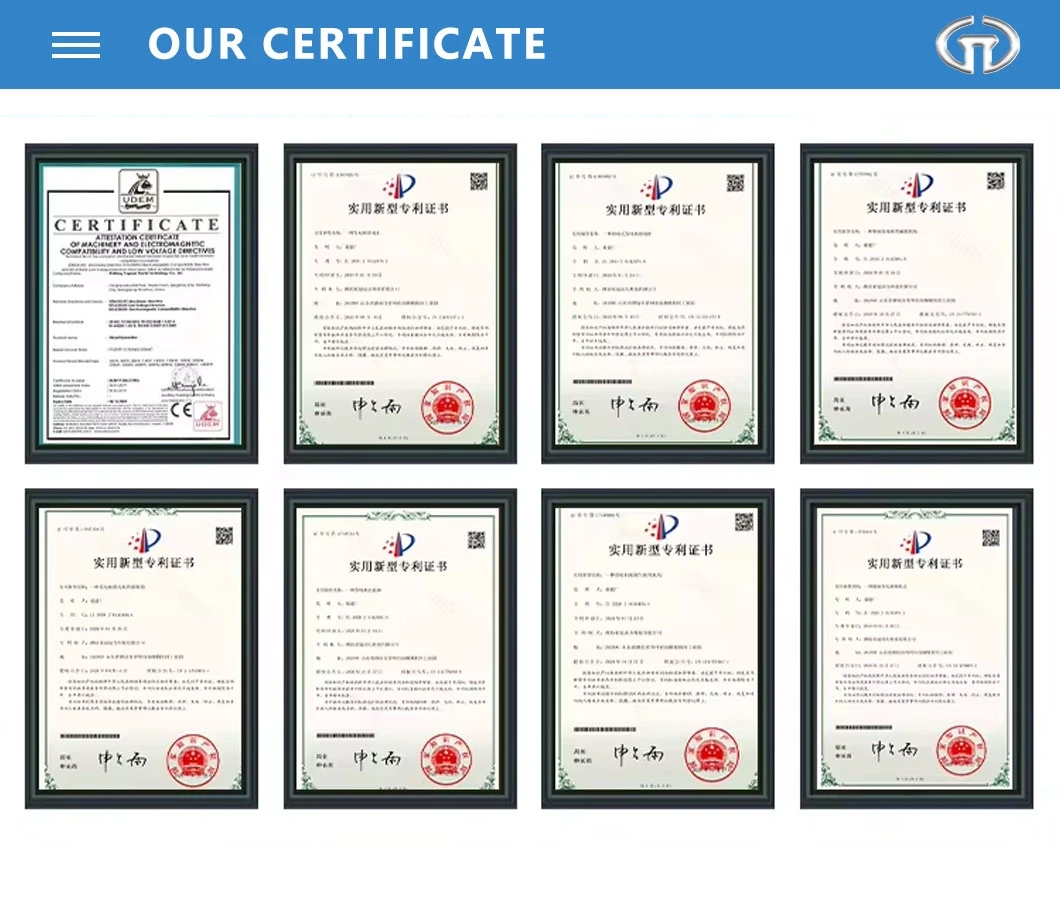Introduction
Diesel generators play a vital role in providing backup power during emergencies or in areas where the electrical grid is unreliable. These generators are widely used in various industries, commercial establishments, and residential settings to ensure continuous power supply. However, with the increasing focus on energy efficiency and environmental sustainability, there is a growing demand for diesel generators to meet efficiency standards. In this article, we will explore the importance of diesel generators in enhancing efficiency and meeting the required standards.
1. Understanding Diesel Generators
Diesel generators are combustion engines that convert diesel fuel into electrical power. They consist of an engine that drives an alternator to generate electricity. These generators are known for their reliability, durability, and ability to provide high power output. Diesel generators are available in various sizes ranging from portable units for residential use to large industrial units for powering critical infrastructure.
2. Importance of Efficiency Standards
Energy efficiency has become a key consideration in today's world due to concerns about energy conservation, environmental impact, and cost savings. Diesel generators are known for their fuel efficiency compared to other types of generators. However, to ensure optimal performance and minimize energy wastage, it is essential for diesel generators to meet efficiency standards set by regulatory bodies and organizations.
Efficiency standards for diesel generators focus on maximizing the conversion of diesel fuel into electrical power while minimizing fuel consumption and emissions. By adhering to these standards, diesel generators can operate more effectively, reduce operating costs, and lower their environmental footprint.
3. Benefits of Efficient Diesel Generators
Efficient diesel generators offer a wide range of benefits to users and the environment. Some of the key advantages include:
- Cost Savings: Efficient diesel generators consume less fuel, resulting in lower operating costs for users. By maximizing fuel efficiency, these generators can help businesses and individuals save money on energy expenses.
- Environmental Impact: Diesel generators are known for their emissions, including nitrogen oxides (NOx) and particulate matter. Efficient diesel generators produce fewer emissions, reducing their environmental impact and contributing to a cleaner and healthier environment.
- Reliability: Efficient diesel generators are more reliable and less prone to breakdowns due to optimized fuel consumption and performance. This ensures continuous power supply during emergencies or power outages.
- Compliance: Meeting efficiency standards for diesel generators is essential for regulatory compliance and demonstrating environmental responsibility. By adhering to these standards, users can avoid penalties and ensure they are operating in line with industry regulations.
4. Factors Affecting Diesel Generator Efficiency
Several factors can influence the efficiency of diesel generators. Understanding these factors is crucial for optimizing performance and meeting efficiency standards. Some of the key factors include:
- Engine Design: The design and configuration of the diesel engine play a significant role in its efficiency. Modern diesel engines are designed to maximize fuel combustion and power output while minimizing energy losses.
- Fuel Quality: The quality of diesel fuel used in generators can impact efficiency. High-quality fuel with the right specifications can improve combustion efficiency and reduce emissions.

- Maintenance: Regular maintenance and servicing of diesel generators are essential for ensuring optimal performance and efficiency. Proper maintenance practices can help prevent issues that may affect efficiency, such as clogged filters or worn-out components.
- Load Management: Efficient load management is crucial for maximizing the efficiency of diesel generators. Properly matching 600kw generator with the electrical load can prevent underloading or overloading, which can affect fuel consumption and performance.
5. Strategies for Improving Diesel Generator Efficiency
To enhance the efficiency of diesel generators and meet required standards, users can implement various strategies and best practices. Some of the key strategies include:
- Use of Advanced Technologies: Advancements in engine technology, such as electronic control systems and variable speed drives, can improve the efficiency of diesel generators. These technologies help optimize fuel consumption and power output based on the load demand.
- Fuel Monitoring and Management: Implementing fuel monitoring systems can help users track fuel consumption, identify inefficiencies, and optimize fuel management. By monitoring fuel usage and performance metrics, users can make informed decisions to improve efficiency.
- Regular Maintenance: Following a strict maintenance schedule and conducting regular inspections are essential for ensuring the efficiency of diesel generators. Proper maintenance can help identify potential issues early and prevent downtime or performance degradation.
- Load Scheduling: Efficient load scheduling and management can help users optimize the operation of diesel generators. By distributing loads evenly and avoiding sudden changes in demand, users can improve fuel efficiency and overall performance.
- Energy Management Systems: Integrating energy management systems with diesel generators can help users monitor and control energy usage more effectively. These systems can provide real-time data on energy consumption, allowing users to make adjustments for maximum efficiency.
6. Conclusion
In conclusion, diesel generators play a crucial role in ensuring reliable power supply in various applications. By enhancing the efficiency of diesel generators and meeting required standards, users can benefit from cost savings, reduced environmental impact, and improved reliability. Implementing strategies such as using advanced technologies, monitoring fuel consumption, and conducting regular maintenance can help optimize the performance of diesel generators and ensure they operate at peak efficiency. As energy efficiency continues to be a top priority, it is essential for users to prioritize efficiency standards for diesel generators and contribute to a more sustainable and resilient energy infrastructure.
